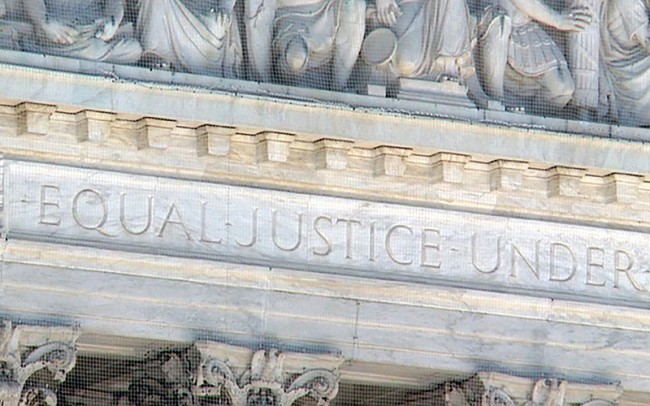Bassam Salman was a Chicago-area grocery wholesaler. Michael Kara, a friend and relative-by-marriage, passed Salman confidential business information that Kara received from his brother, who was employed as an investment banker at Citigroup.
Salman realized significant profits by knowingly trading on the non-public information he received, and as a result was indicted and subsequently convicted of securities-fraud crimes. Salman appealed his conviction, arguing that he could not be liable because Kara did not personally benefit from providing the tips.
Federal securities laws prohibit the purchase or sale of any security on the basis of material non-public information that is in breach of a duty of trust or confidence owed to the issuer of the security or the shareholders of the company. The classic insider trading case is one in which a corporate insider, owing a fiduciary duty to a company, trades on confidential information and secures a windfall after the non-public information comes to light. Importantly, corporate insiders also must abstain from sharing material non-public information with others for trading. Thus, in addition to the classic insider trading scenario noted above, securities regulators can pursue insider trading under a misappropriation theory—where civil and even criminal liability can attach to (a) the corporate insider or tipper passing confidential information for trading, or (b) the “tippee” (someone who receives material non-public information from an insider and then uses that information to trade securities).
The U.S. Supreme Court previously explained that “tippee” liability hinges on whether a tipper disclosed confidential information for a “personal benefit”; such a benefit may be inferred where the tipper receives something of value in exchange for the information. A split of authority arose between circuit courts as to whether the tipper must receive money or other valuable consideration in exchange for the tip, or whether a gift of confidential information to a trading relative or friend was sufficient to satisfy the personal benefit requirement for insider trading.
In Salman v. United States, the Supreme Court unanimously held in December 2016 that a tippee can be liable for trading on confidential information received from an insider “relative or friend” even where the tipper received no direct financial benefit from disclosing such information. In so doing, the Supreme Court removed uncertainty about whether pecuniary value was required for such tippee insider trading liability. Rather, a mere gift of confidential information to a relative or friend that trades securities based on such information may be sufficient to establish liability if other criteria are present.
Unfortunately, the Salman opinion raises as many questions as it answers. It is unclear just how far downstream tippee liability may extend. In addition, it is unclear what constitutes a “friend,” or how securities regulators will treat a tip of confidential information to someone that arguably is neither a friend nor family member. Regardless, it appears that the pendulum is swinging back towards a more expansive view of what conduct may constitute insider trading. Corporate insiders, and their families and friends, would be well-served by recognizing such potential expansion and the increased risk associated with handling non-public information.



